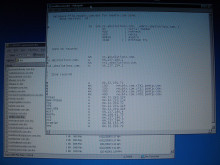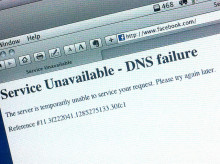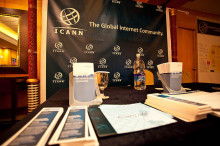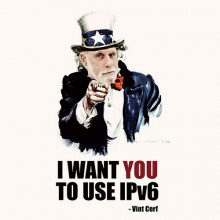Attackers Using DNS Poisoning to Hijack Website Domains, Divert Traffic
Instead of just launching distributed denial-of-service attacks, cyber-attackers have started hijacking domain names and redirecting traffic from legitimate sites to malicious ones.
The hacker group Anonymous recently managed to hijack the Domain Name System record for CBS.com and redirected all traffic to another Web server that displayed an empty directory structure. It appeared as if the contents of CBS.com had been wiped, but it was actually a different server altogether. CBS.com managed to regain control of its domain after the DNS poisoning attack.












































































